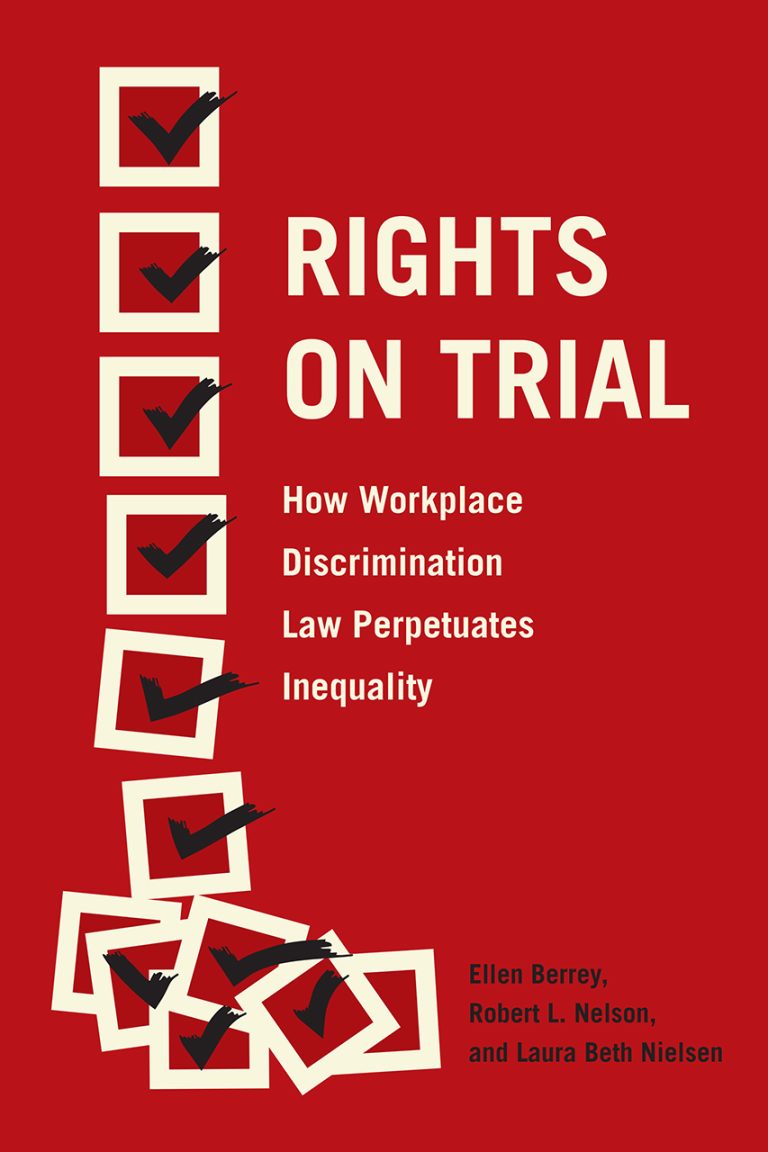This volume by William H.J. Hubbard presents a set of learning tools and teacher resources to make civil procedure accessible, relevant, and compelling.
This insightful Research Handbook provides a definitive overview of the New Legal Realism (NLR) movement and explores a range of contemporary issues including immigration, policing, globalization, legal education, and access to justice.
Halfway Home captures the stories of the formerly incarcerated as they navigate the laws, rules, and regulations that impose limits on their post-prison life.
Written by ABF’s Christopher Schmidt, this book explores the history of the term ‘civil rights’ in the United States, from the Civil War to today.
Shapiro explores the complex decisions faced by families and medical professionals in the ICU as they make legal decisions for those in end-of-life care, navigating the ethical and legal considerations of providing care to dying patients.
Tom Ginsburg and Aziz Huq explore the challenges faced by constitutional democracies and offer practical solutions for safeguarding freedom and democracy.
This book explores how race, gender, and class intersected to shape the experiences of Black children in the juvenile justice system at its origin.
The Sit-Ins tells the story of the student lunch counter protests and the national debate they sparked over the meaning of the constitutional right of all Americans to equal protection of the law. Christopher W. Schmidt describes how behind the now-iconic scenes of African American college students sitting in quiet defiance at “whites only” lunch counters lies a series of underappreciated legal dilemmas—about the meaning of the Constitution, the capacity of legal institutions to remedy different forms of injustice, and the relationship between legal reform and social change.
This edition, featuring Bob Nelson, provides valuable insights into global governance through the exploration of practices of the rule of law across nations.
Based on rich interviews with plaintiffs, attorneys, and representatives of defendants and an original national dataset on case outcomes, Rights on Trial reveals the fundamental flaws of workplace discrimination law and offers practical recommendations for how we might better respond to persistent patterns of discrimination.

